|
Ethiopia’s Prime Minister Abiy Ahmed has been widely hailed as being a force for good since he came to power in 2018. But some are sceptical about the direction in which he is taking the country. Mulugeta G Berhe argues that a number of key decisions taken by Abiy are weakening the Ethiopian state and could have disastrous consequences.
The saying ‘mother knows best’ applies even to the disease-spreading stable fly. The female flies make careful choices about which animal dung is best for laying their eggs in, to ensure their young get the best possible start to life. Christopher Weldon explains how understanding their decision-making processes can be turned against them in the form of traps.
|
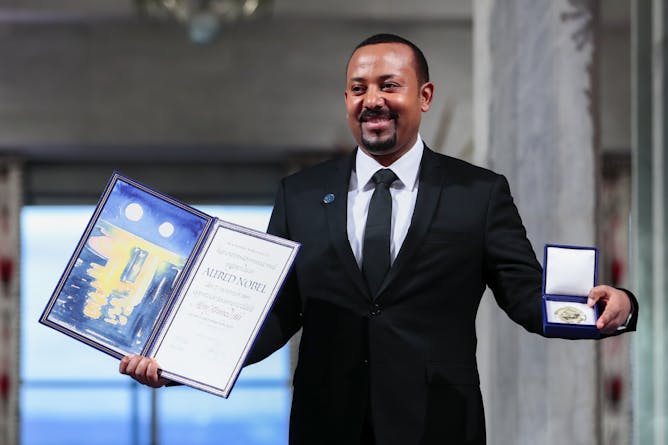
Ethiopian Prime Minister and Nobel Peace Prize winner Abiy Ahmed must do more to keep the country stable.
Hakon Mosvold Larsen/EPA-EFE
Mulugeta G Berhe (PhD), Tufts University
Abiy's administration should stop talking about reform and liberalisation and focus instead on stopping the country from sliding into disarray
|
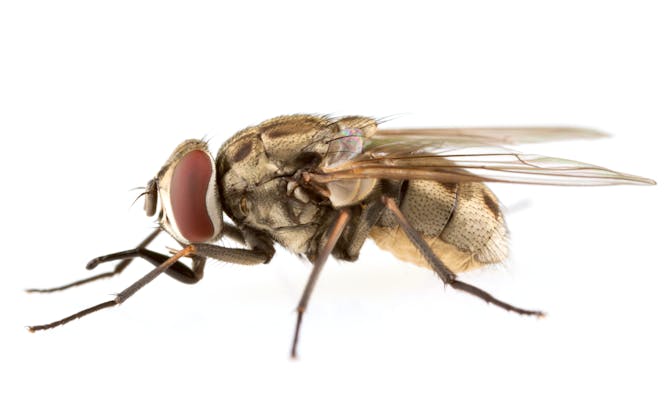
Female stable flies make careful choices about where to lay their eggs.
Cosmin Manci/Shutterstock
Christopher Weldon, University of Pretoria
Savvy female stable flies prefer to lay their eggs on donkey and sheep dung. Knowing where they choose to do this will help us manage disease.
|
Environment + Energy
|

Alex Lenferna, University of Washington; Ilona M. Otto, Potsdam Institute for Climate Impact Research; Jonathan Donges, Potsdam Institute for Climate Impact Research
Social tipping interventions have the potential to pave the way for rapid change and avert climate change.
| |
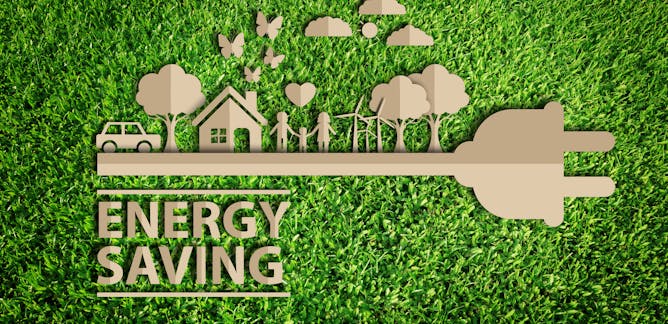
MJ (Thinus) Booysen, Stellenbosch University
Centrally switching water heaters on and off at specific times can distribute the demand for electricity and lead to energy saving.
|
|
|
From our international editions
|
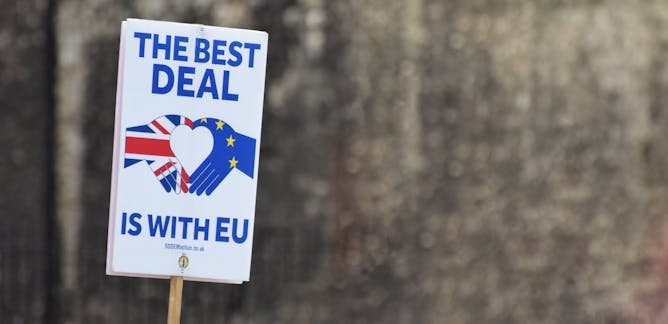
Daniel Keith, University of York; Liisa Talving, University of Tartu; Sofia Vasilopoulou, University of York
How the public ranks different post-Brexit trade partners and which sections of the economy they prioritise.
| |
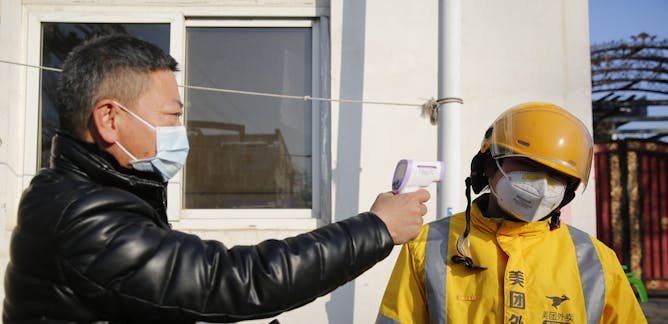
Vageesh Jain, UCL
The novel coronavirus is officially a global health emergency. Other countries should not adopt China's approach to containing the disease.
|
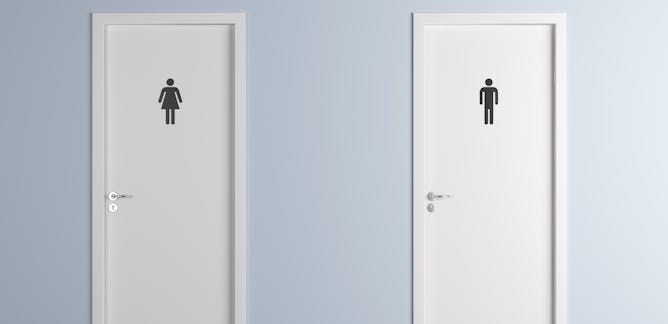
Mabel Victoria, Edinburgh Napier University
From crude drawing to advice and support, the scrawlings on toilet walls reveal differing communication patterns between the sexes
| |
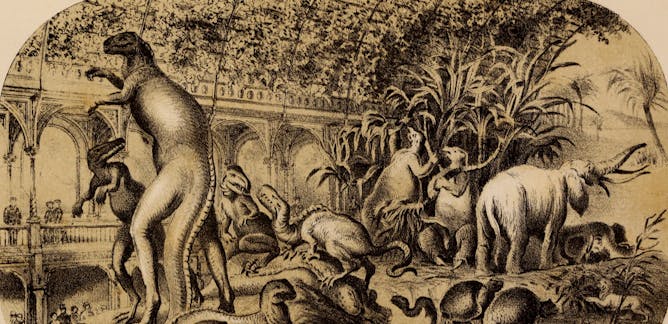
Richard Fallon, UCL
Dinosaurs are malleable beasts: so much so that their constant reshaping has often been driven by cultural and political trends.
|
|
|
En Français
|
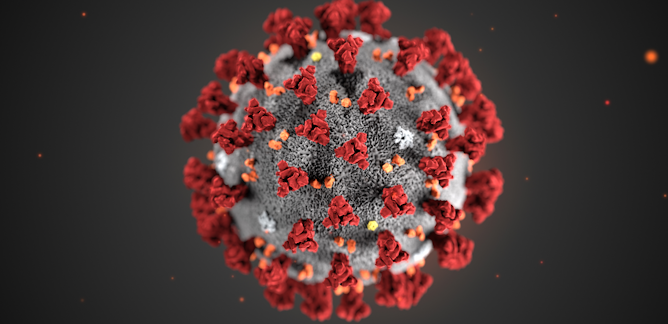
Anne Goffard, Université de Lille
Le nouveau coronavirus qui a émergé en Chine a déjà entraîné plus d’une centaine de décès. Que sait-on jusqu’à présent de l’infection, et quels sont les profils à risque ?
| |
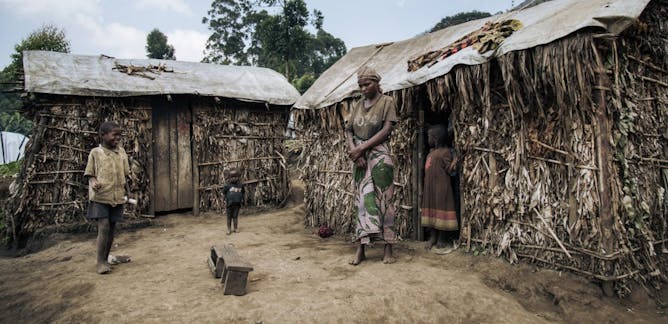
Thierry Vircoulon, Sciences Po – USPC
Dans de nombreux États considérés comme « faillis », les donateurs internationaux se sont livrés à des tentatives de « state building » aussi coûteuses qu’inutiles.
|
|
|